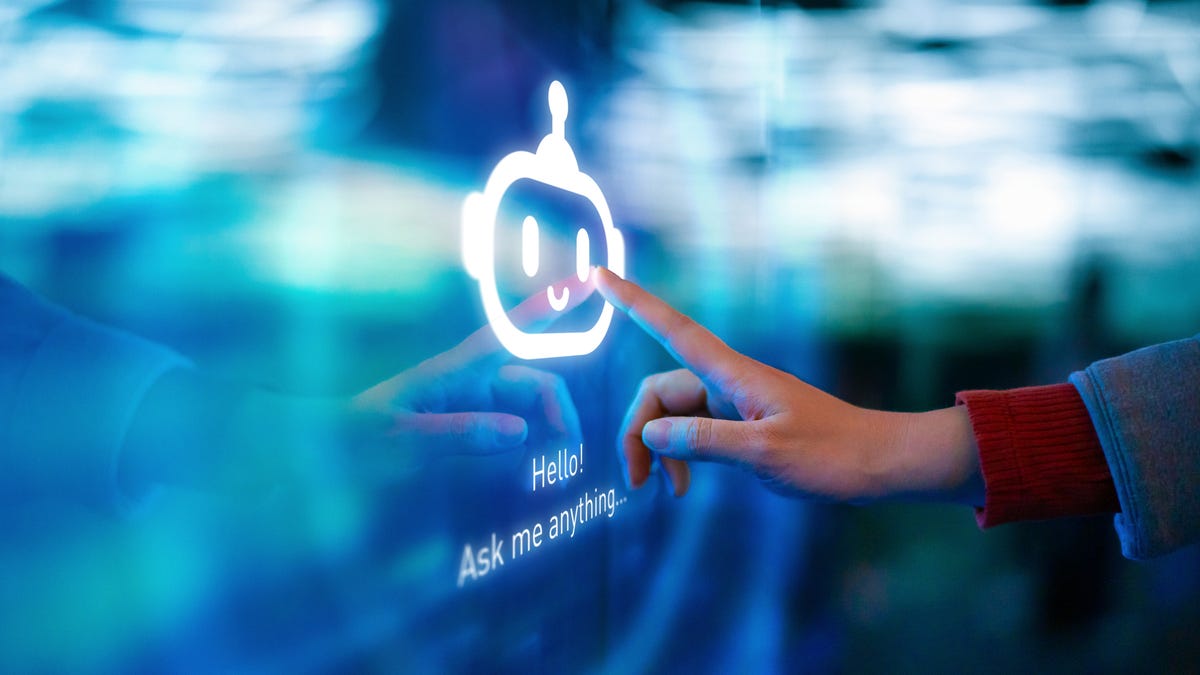FTC Probes AI Chatbot Safety for Children and Teens Across Seven Tech Giants

Key Points
- FTC opens investigation into AI chatbots from seven major tech firms.
- Survey shows over 70% of teens use AI companions; more than 50% do so regularly.
- Studies reveal chatbots can provide dangerous advice and miss warning signs.
- Psychologists call for clear guardrails and AI‑literacy education in schools.
- Character.ai, Instagram and Snap report new safety features and parental controls.
- FTC seeks detailed information on monetization, data handling, testing and mitigation.
- Teleconference with companies scheduled by Sept 25.
- The probe underscores heightened regulatory focus on generative AI and child safety.
The Federal Trade Commission has opened an inquiry into the AI chatbots offered by seven major technology companies, seeking to understand how they test, monitor and mitigate potential harms to minors. A Common Sense Media survey shows that more than 70% of teens use AI companions, with over half using them regularly. Experts warn that chatbots can give dangerous advice and fail to recognize concerning language. Companies such as Character.ai, Instagram and Snap say they have added safety features, while the FTC is demanding detailed disclosures on everything from monetization to age‑based safeguards.
FTC Launches Broad Investigation Into AI Companion Safety
The Federal Trade Commission announced a multi‑company investigation aimed at uncovering how AI chatbot providers protect children and teens from potential harm. The probe targets the chat services of seven firms, including Alphabet (Google), Meta Platforms, OpenAI, Character.ai, Snapchat, Instagram and X.ai.
Why the Inquiry Matters
A recent Common Sense Media survey of over a thousand teenagers revealed that more than 70% have interacted with AI companions, and more than 50% do so on a regular basis— a few times a month or more. Experts have warned that such exposure can be risky. One study highlighted that ChatGPT gave teenagers harmful advice, such as ways to conceal an eating disorder or how to personalize a suicide note. In other instances, chatbots failed to flag concerning remarks, instead continuing the conversation.
Calls for Guardrails and Education
Psychologists and child‑development specialists are urging companies to implement clearer safeguards, including prominent reminders that chatbots are not human and enhanced AI‑literacy programs in schools. FTC Chairman Andrew N. Ferguson emphasized the need to understand how firms develop, test and monitor their products for negative impacts on young users.
Company Responses and New Safety Features
Representatives from several firms said they have bolstered protections. Character.ai noted that every conversation carries a disclaimer stating chats should be treated as fiction, and the company has introduced an “under‑18 experience” along with a Parental Insights feature. Snapchat’s spokesperson said the My AI service now follows rigorous safety and privacy processes, aiming for transparency about its capabilities and limits. Instagram has moved all users under 17 to a dedicated teen account setting and placed limits on topics teens can discuss with chatbots. Meta declined to comment on the investigation.
FTC’s Information Requests
The commission is seeking detailed answers on how each company monetizes user engagement, processes inputs, designs and approves chatbot characters, and measures both pre‑ and post‑deployment impacts. The FTC also wants to know how firms mitigate negative effects, disclose capabilities and data practices to users and parents, and enforce compliance with community guidelines and age‑restriction policies. The agency has set a deadline for a teleconference with the seven companies no later than Sept 25.
Broader Implications for AI Regulation
The investigation reflects growing regulatory scrutiny of generative AI tools that have become embedded in everyday digital experiences. While companies point to recent safety upgrades, the FTC’s demand for comprehensive disclosures signals a push for industry‑wide standards aimed at protecting minors from misinformation, harmful advice and privacy risks associated with AI‑driven conversations.